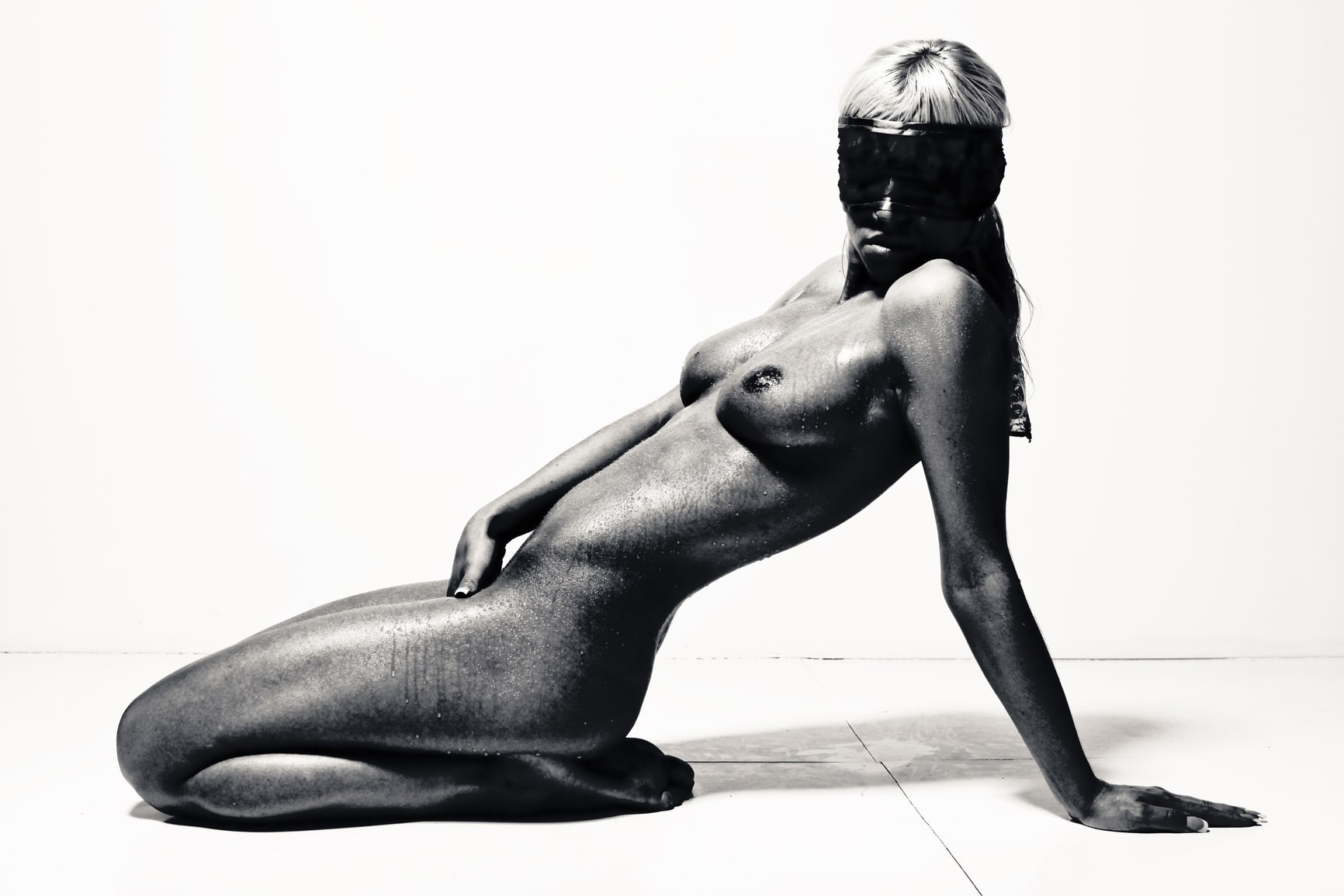Identifying your sexuality can be an overwhelming and confusing process. Sometimes it’s hard to find the right label that will help you to express your feelings in a safe and respectful way.
For some people, identifying as bi-curious is a great option because it allows them to explore and experiment with their sexuality without feeling pressured into identifying as gay or straight. However, it’s important to note that this term is frowned upon by some in the LGBTQ+ community.
What is bi-curious?
Bi-curious is a term used to describe people who are curious about being sexually attracted to more than one gender. This can include cisgender women, cisgender men, and nonbinary people.
Whether or not bi-curious is a permanent identity is up to the person and their experiences. Some bi-curious people find that this label can be helpful for exploring their feelings and figuring out what they want out of life.
Others find that it’s just a temporary label that won’t stick around long. If you choose to identify as bi-curious, it’s important to be flexible and allow yourself to explore your feelings without putting too much pressure on yourself.
Choosing a bisexual identity is an important part of coming out and figuring out your sexuality. It’s also a great way to support your friends or family members who are curious about their sexuality. However, you should be aware that there is still a lot of stigma surrounding bisexuality in the LGBTQ+ community.
What is the definition of bi-curious?
Bi-curious is a term that describes someone who is attracted to more than one gender. It can also describe a person who is still exploring their sexuality.
Merriam-Webster defines bi-curious as a word that means “curious about exploring or experimenting with bisexuality.” It is often used by people who are unsure about their sexuality. It may be a way to explore their feelings or emotions about their sexuality without coming out and telling other people.
A bi-curious individual can be a heterosexual who is interested in dating or engaging with another gender, or they could be a homosexual who is mainly attracted to a different gender than their own. Heteroflexible is a similar term that refers to those who are mostly straight, but occasionally attracted to a different gender than their usual partner.
Being bi-curious can be a good sign that you are open to exploring your sexuality, especially if you have been attracted to multiple genders in the past. Being able to explore your attraction and thoughts without worrying about coming out to others can give you greater confidence in your identity.
How do I know if I’m bi-curious?
If you find yourself ruminating over homo-erotic dreams, obsessing over bi-signs, or constantly asking your friends about someone’s sex history, you may be curiously attracted to people of multiple genders. Whether you eventually come out as bisexual or not depends on you.
But if you’re feeling this way more frequently than usual, it might be time to consider your feelings. After all, bisexuality isn’t a black-and-white choice, and it’s a perfectly natural and normal feeling to be attracted to more than one gender.
But don’t let your feelings stop you from exploring a new relationship. It might be a great opportunity for you to explore sexuality and your true self, so don’t let it pass you by!
How do I know if I’m straight?
A curious lesbian will often have a recurring dream or sexual fantasies that are filled with women. They may also find it hard to visualize men or have a romantic or sexual experience with them.
These thoughts are normal, but if they get so consuming that you can’t focus on the things you need to do, this could be a sign that you’re feeling attracted to women.
You could also be bisexual, which is a sexual orientation that sporadically feels attracted to different genders. This is a common, though not always permanent, situation.
It’s important to remember that sexual identity is a spectrum, and where you fall on it can change as you grow up and experience life. So it’s never too late to learn about your sexuality and understand what you desire in your relationships. But if you’re struggling with this, know that there are resources available to help. It’s worth checking out a support group or therapist to find the right help for you.
